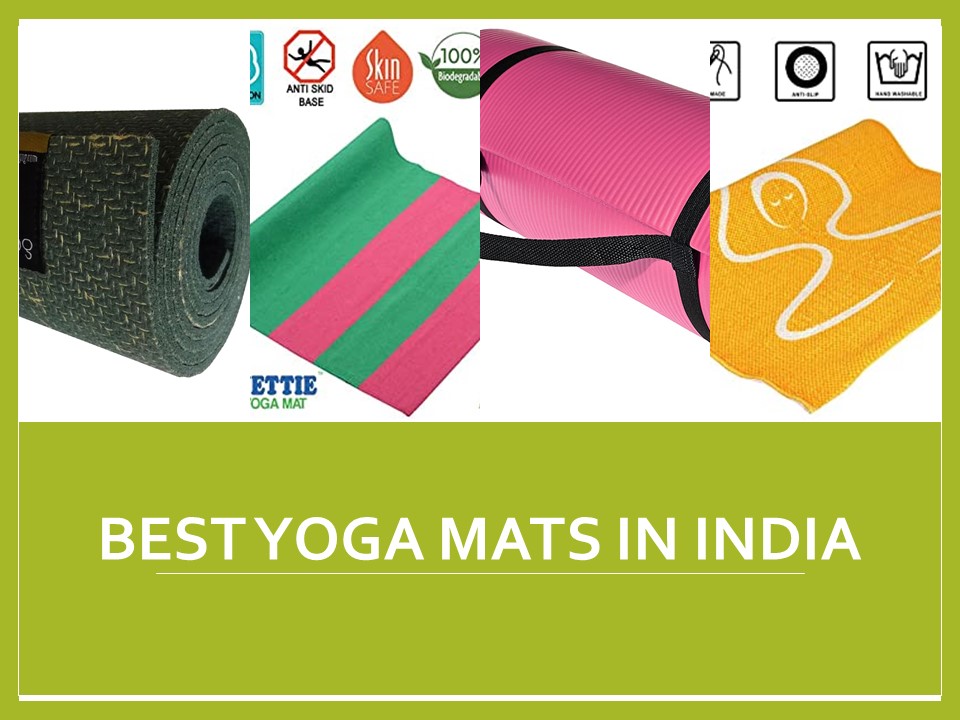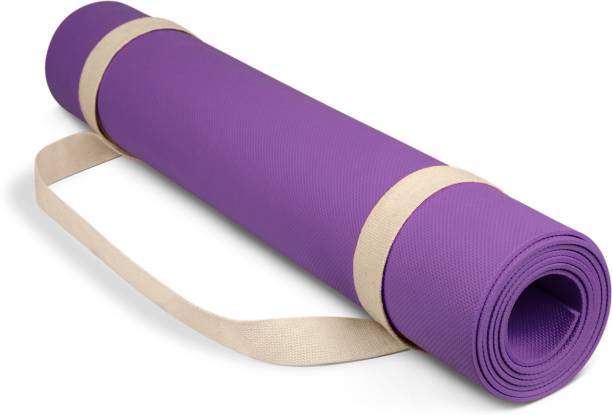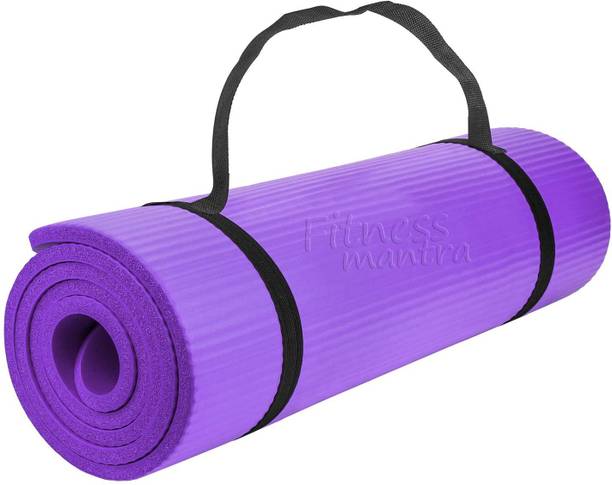What are the best yoga mats to buy?
Yoga is done in varied environments both indoor and outdoor. However, most yoga teachers advise using Yoga Mat while practicing yoga considering it is an essential accessory. It’s like finding the right gear for any sport or fitness activity, yoga mats need to match a few criteria as well.
When buying a yoga mat one must consider few benchmarks like thickness, material, texture are few factors you need to consider. If you’re a beginner, you should grab a softer mat over a firmer option. Soft mats, commonly made from PVC, give you a bit more cushion as compared to firm mats that are made from rubber which help yoga students at a more advanced level with tougher poses.
Balancing on your head needs some cushioning and if you’re just beginning, you need something too soft on your inexperienced hands. The right mat can also prevent you from slipping, provides a cushion to sensitive joints, and avoids sweat absorption to avoid post-workout sweat odor.
Top-rated Yoga Mats on Amazon India
Nettie Organic Rubber Base Handloom Cotton Anti-Skid Yoga Mat
This mat is made of handloom Cotton which is a breathable material. NETTIE supreme cotton yoga mat is safe to use for all. The cotton material makes it suitable for all skin types. Cotton being the perfect sweat absorbent you do not have to worry about slipping, making it ideal for any type of yoga practice. The yoga mat is made of pure cotton which can be hand washed so you would never have to worry of sweaty and unclean yoga mats. Being colorfast, it won’t wash away color after any number of washes, thus increasing the lifespan of the product. Also, it is 100% BIO-DEGRADABLE.
How To Choose the Best Yoga Mat: Questions to ask yourself
What type of yoga mat should I buy?
Which type of yoga mat is better for my needs?
Which kind of yoga mat has the best material?
Which surface do I want? (Cotton, Uncoated, or Coated)
Which length do I need? (Long yoga mats are good for tall people)
Top-rated Yoga Mats on Flipkart India
https://isha.sadhguru.org/in/en/wisdom/article/yoga-best-practices-what-kind-of-yoga-mat-to-use
Related Posts
Yoga mat cleaning tips and tricks (How to clean your yoga mat after each use)
Best Probiotic Supplements in India
5 Best Face Wipes in India
The Best Yoga Mats in India suggested by Experts
https://www.arogyada.in/2020/05/best-yoga-mats-in-india.html
www.arogyada.in




















